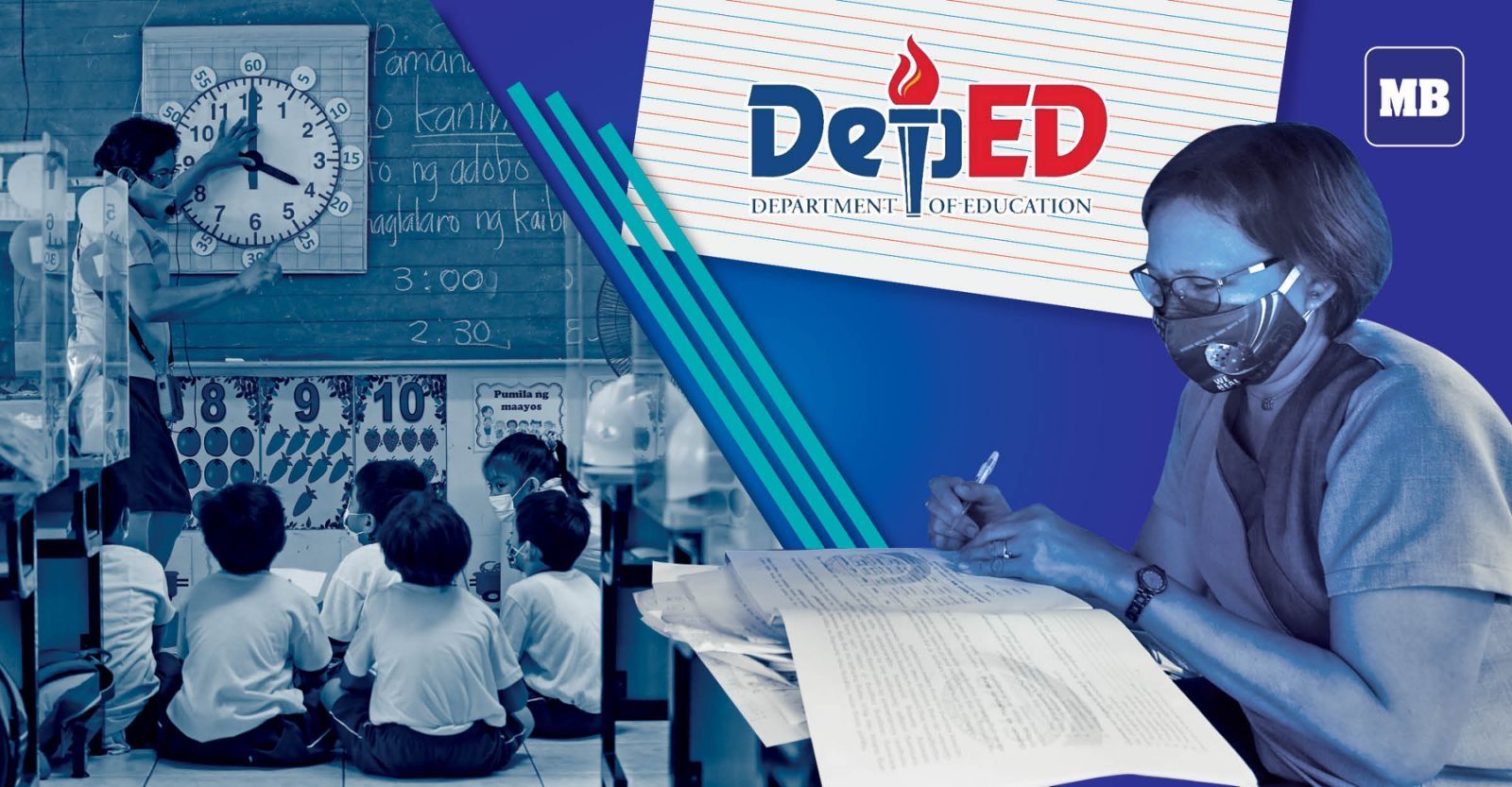DepEd plans to expand private sector support via Adopt-A-School Program
In line with its efforts to enhance and improve the delivery of basic education infrastructure, digitalization, and overall accessibility under the Marcos administration, the Department of Education (DepEd) announced on Monday, Jan. 27, that it plans to localize its Adopt-A-School Program to better address regional needs and ensure greater accessibility and responsiveness.

At a recent gathering of private sector partners, DepEd pledged to hold bilateral meetings with selected organizations, simplify donation procedures in collaboration with the Philippine Economic Zone Authority (PEZA), and expand its network of collaborators.
DepEd Secretary Sonny Angara thanked the agency’s partners for their support and assistance.
“You have been very helpful in the six months we’ve been in DepEd,” Angara said. “Let’s continue this partnership and work together to make everything faster,” he added.
The meeting was attended by representatives from the Philippine Chamber of Commerce and Industry, the Philippine Association of Colleges and Universities, Stratbase, RealPage, the League of Corporate Foundations, Philippine Business for Social Progress, the Management Association of the Philippines, the IT Business Process Association of the Philippines, the Ayala Foundation, the Intellectual Property Office of the Philippines, and the Association of Foundations, and Philippine Business for Education.
Addressing shortages
DepEd announced that the public-private partnership (PPP) for classroom construction will begin with the creation of 15,000 classrooms as part of the first phase of the project next year.
With an accelerated construction timeline, these classrooms are expected to be completed by June 2027.
DepEd said that the classrooms will feature modern 21st-century designs, be retrofitted for comfort, and be built to withstand natural disasters.
Meanwhile, DepEd reported that, for the digitalization program PSIP Connect, the procurement of digital hardware will start in May 2025, with delivery expected around the same time in 2026.
Private sector partners also offered to use their connections with international organizations to ensure that the digital hardware and software provided through the program meet global standards for both teachers and students, according to DepEd.
In addition to addressing gaps in classrooms and digitalization, DepEd noted that private partners suggested prioritizing solutions for the malnutrition gap, emphasizing it as a critical issue that needs to be addressed alongside other educational challenges.